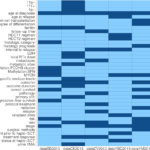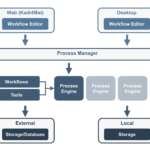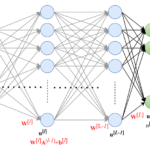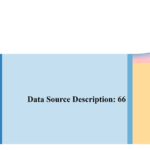
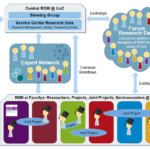 Title: RDM in a Decentralised University Ecosystem—A Case Study of the University of Cologne Title: RDM in a Decentralised University Ecosystem—A Case Study of the University of CologneAuthor: Constanze Curdt, Jens Dierkes, Sonja Kloppenburg URL: http://doi.org/10.5334/dsj-2022-020 |
|
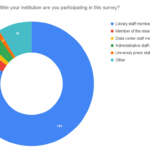 Title: Organization IDs in Germany—Results of an Assessment of the Status Quo in 2020 Title: Organization IDs in Germany—Results of an Assessment of the Status Quo in 2020Author: Paul Vierkant , Antonia Schrader, Heinz Pampel URL: http://doi.org/10.5334/dsj-2022-019 |
|
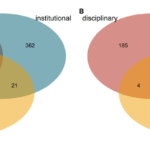 Title: Data Quality Assurance at Research Data Repositories Title: Data Quality Assurance at Research Data RepositoriesAuthor: Maxi Kindling, Dorothea Strecker URL: http://doi.org/10.5334/dsj-2022-018 |
















